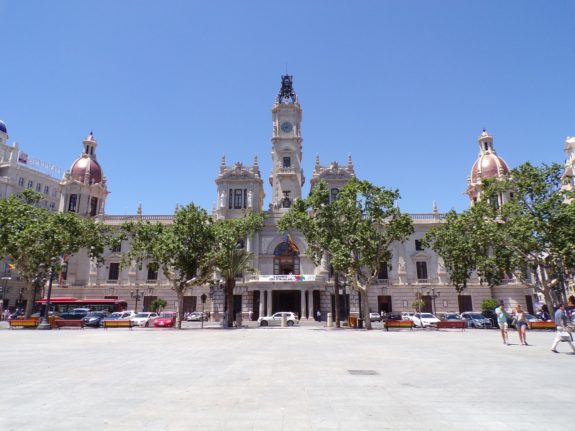Anyone who’s familiar with how Spanish society works will know that in most cases families are close-knit and young Spaniards tend to leave the nest later than their European counterparts.
So it’s no surprise that a study conducted by the German savings platform Raisin has revealed that raising a son or daughter in Spain until their emancipation costs an average €300,000 for parents.
That figure represents around €90,000 more than two decades ago.
It’s €8,000 more expensive for parents who have a son rather than a daughter, as women in Spain tend to become independent earlier (28.8 years old compared to 30.7 years for men).
What does the money get spent on?
In the case of a male child, feeding him until emancipation amounts to €121,605 on average; education adds up to €38,316; clothing and footwear costs €32,729; celebrations such as baptisms, communions or birthdays amount to €27,815; health expenses come to €19,119; pocket money adds up to €12,480; hygiene expenses average €8,426, and €48,887 are splashed out on travel costs.
The money that goes towards covering a baby’s first year of life has increased from €7,254 in 2002 to €10,610 in 2022, which represents 38 percent of the salary of a father and 40 percent of the mother.
To support a child during the first year, Raisin’s study found that a man with an average net monthly salary of €2,315 would have to save 5 percent of his wages for seven years and eight months; and a woman with an average salary of €2,182 would need eight years and two months, six months more.
By the time their son or daughter has turned 24, the cost to parents is reduced by half to an average of €4,594 a year.
The report, titled ‘The cost of having a child in Spain’, found that having a baby continues to have a negative impact on a woman’s employment opportunities, even though this is improving gradually.
So how does the cost of raising a child in Spain compare to that in other European countries?
It depends on the study, the help available to parents, the costs of living in each country, whether they’ve factored in rising inflation in 2022 and many other factors particular to each set of parents.
In the UK for example, different studies have found the cost of raising a child until the age of 18 was anywhere between £160,000 and £230,000. In France, it was around the €150,000 to €180,000 in 2020.
But in Spain, where around 65 percent of young people aged 25 to 29 live at home with mum and dad, in large part as a result of the poor wages/work opportunities available to them and higher living costs, it’s no surprise that parents continue to help their children financially until a later age.



 Please whitelist us to continue reading.
Please whitelist us to continue reading.
Member comments